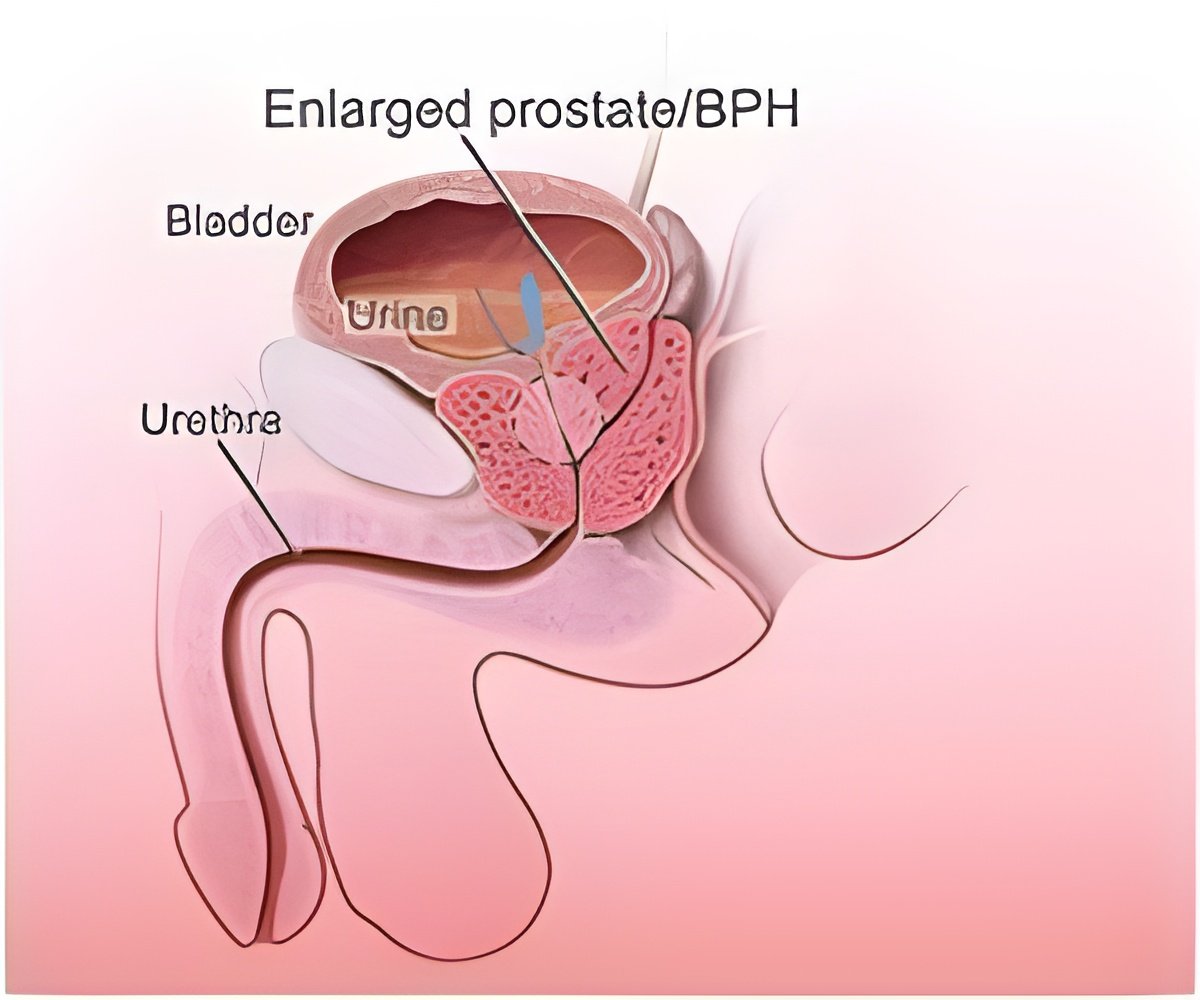Long-term use of finasteride improves urinary tract symptoms associated with benign prostatic hyperplasia; reduces disease progression. The efficacy is higher when used in combination with doxazosin.

A recent study was performed to evaluate the efficacy of finasteride and the results were published in The Cochrane Library. Long-term use of finasteride improves urinary tract symptoms associated with benign prostatic hyperplasia, and reduces disease progression. The benefits include reduced risk for acute urinary retention and the need for surgical intervention.
The efficacy of finasteride was found to be higher when used in combination with doxazosin, an alpha blocker. Men with large prostates who use the drugs for at least 1 year reap more benefits from finasteride compared to those with small prostates.
Drug-related adverse effects are uncommon and include slightly increased risk for impotence, erectile dysfunction, decreased libido, and ejaculation disorder.
The new findings about finasteride are significant since the worldwide incidence of BPH is on the rise. Prostate enlargement is common in old age and causes urinary difficulty. The current evidence is of immense public health importance.
Source-Medindia






![Prostate Specific Antigen [PSA] Prostate Specific Antigen [PSA]](https://www.medindia.net/images/common/patientinfo/120_100/prostate-specific-antigen.jpg)







